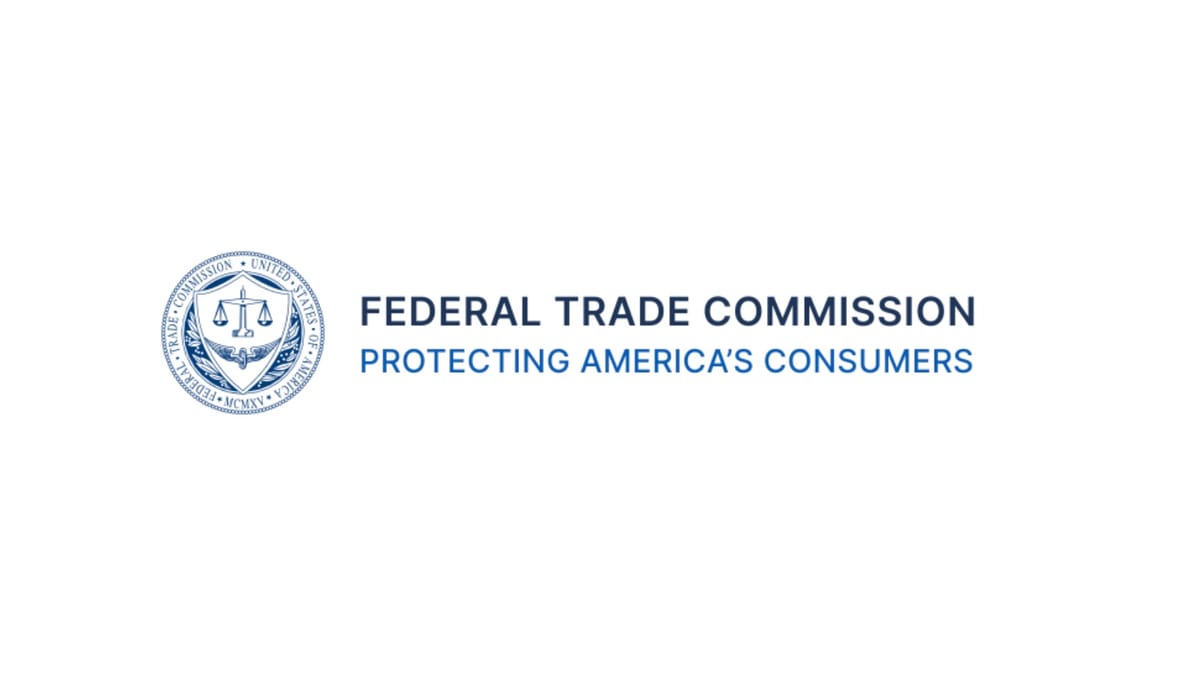
The Federal Trade Commission (FTC) today announced that its new rule on government and business impersonation goes into effect, strengthening protections for consumers.
The announcement coincides with the release of new data demonstrating a dramatic rise in these scams. Since 2020, reported losses due to impersonation scams have tripled, reaching a staggering $1.1 billion in 2023.
The FTC's findings reveal the most common tactics used by scammers:
- Account security alerts: Scammers often send fake alerts pretending to be from banks or online services.
- Subscription renewal scams: Consumers receive deceptive notices about non-existent subscription renewals.
- Fake contests and giveaways: Fraudsters lure victims with promises of prizes or free money.
- Bogus legal threats: Scammers claim to be from law enforcement, threatening victims with arrest or legal action.
- Package delivery scams: Fraudulent messages claim problems with a package delivery, often requesting payment to resolve the issue.
The data also highlights a shift in how scammers target individuals and the payment methods they demand. Text messages and emails are on the rise, while traditional phone calls are decreasing. Victims are increasingly tricked into using bank transfers (40% of reported losses) and cryptocurrency (21% of reported losses) to pay scammers.
The FTC's rule, finalized in March 2024, enables the agency to:
- Seek financial penalties against scammers who impersonate government agencies or businesses.
- Recover money lost by consumers to these scams.
The FTC is also seeking public comment until April 30th on a proposed rule that would extend these protections by:
- Prohibiting the impersonation of specific individuals.
- Holding those who knowingly facilitate impersonation scams accountable.
Consumer Protection Tips:
- The FTC will never demand payment, or threaten legal action.
- Never transfer funds or send cryptocurrency based on urgent messages.
- Verify unexpected alerts or claims directly with the organization supposedly contacting you.

